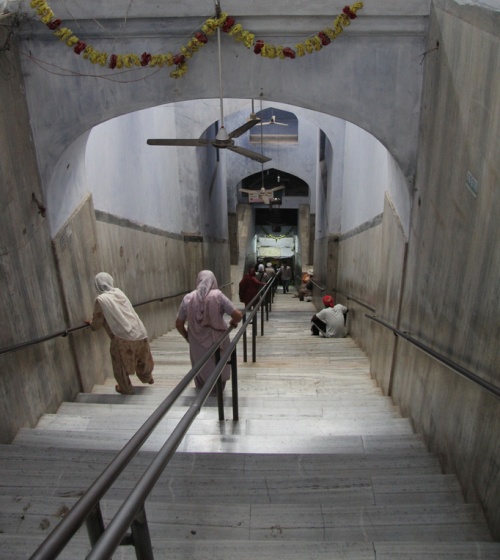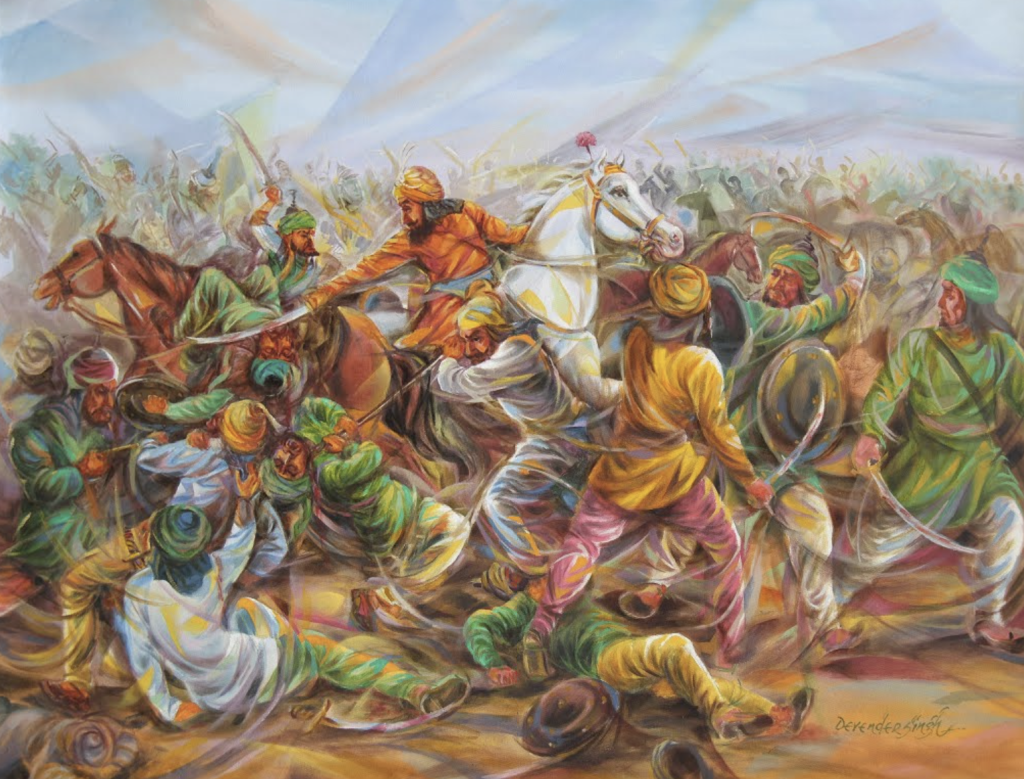Discover sacred baolis, ancient stepwells vital for water access and spiritual history in Sikhism, like Guru Amar Das's baoli at Goindval.
GOLAK or GURU KI GOLAK (the Guru`s own till). Golak (Sanskrit golak; Persian gholak) means, in Punjabi, a till, cash box or any other container used for keeping money especially one used for receiving contributions for charitable purposes. It is a time honoured Indian custom to carry an offering when going to make obeisance to one`s deity. In gurdwdrus, i.e. Sikh places of worship, a receptacle, golak, is usually kept in front of the sanctum into which the devotees drop their cash offerings. Besides, the Sikhs are enjoined to keep apart for communal sharing one-tenth of their earnings.
Delve into the historical Sikh Jagirdari system, its evolution under Maharaja Ranjit Singh, and its impact on land revenue and governance.
Discover how masands, appointed by Guru Arjan, linked Sikhs to their Guru, fostering spiritual growth and community cohesion in early Sikhism.
Discover the origins of the Sikh Misldari system in Punjab, a unique land tenure and political framework formed under Sikh power in the 18th century.
Discover Bhai Mul Singh's legacy as a revered Sikh preacher, blending tradition with reform, and his contributions to Sikh literature and history.
Explore the history and cultural significance of the Pardah system, an ancient practice of female seclusion with roots in Persian, Hindu, and Muslim societies.
Discover the Pattidari system—a historic land tenure practice in Sikh Punjab rooted in cosharing and equal inheritance, shaping peasant proprietorship.
Explore the Rakhi System, an 18th-century Sikh protection method under Dal Khalsa, granting villages safety amid chaos in exchange for revenue.
Explore TABI DARI, a hereditary land tenure from Sikh rule, offering rights to occupancy tenants and landlords in Punjab's historic agrarian system.
- 1
- 2






